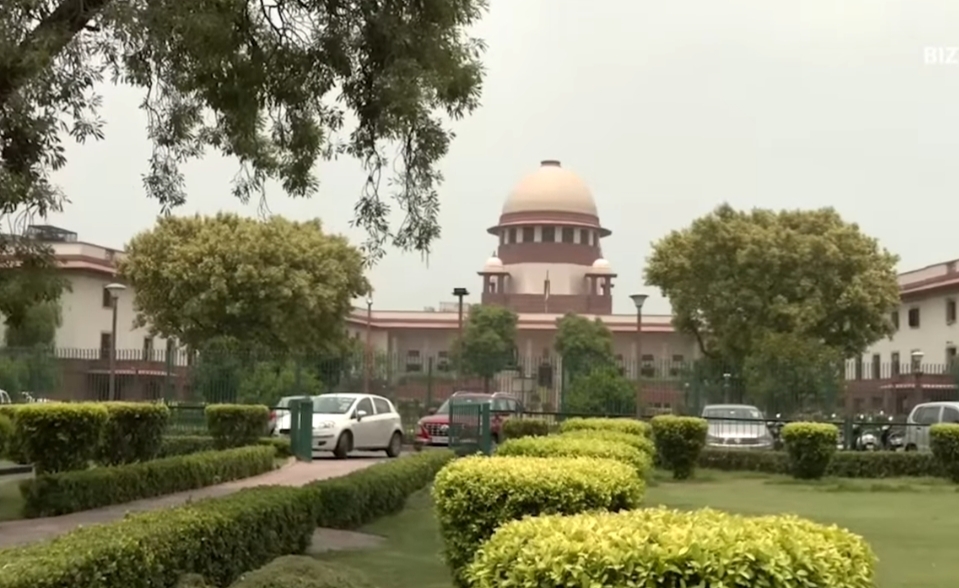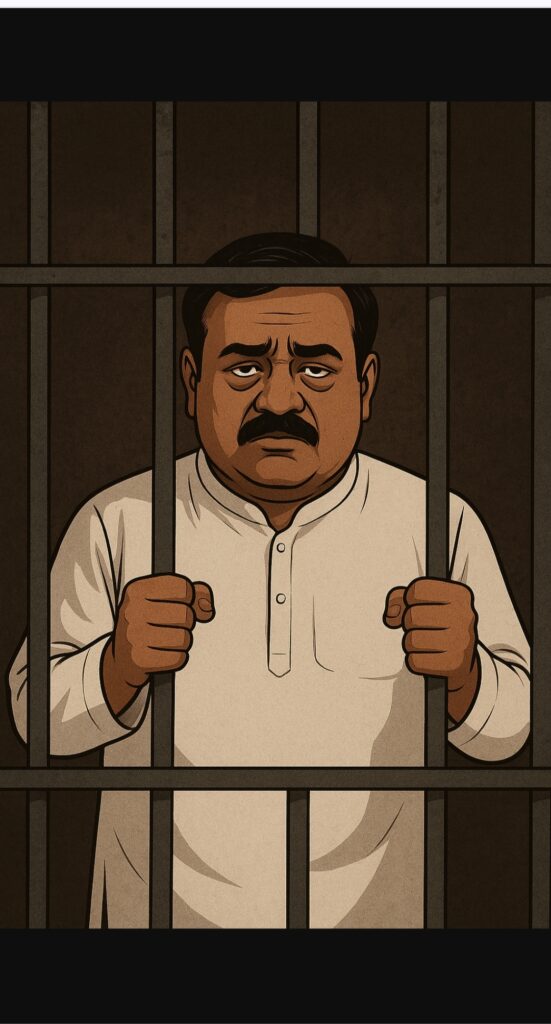
NEW DELHI: The Supreme Court on Friday sought responses from the Union government and the Election Commission of India (ECI) on a public interest litigation (PIL) demanding recognition of voting rights for nearly 4.5 lakh undertrial prisoners currently lodged in jails across the country.
A Bench headed by Chief Justice B.R. Gavai and Justice K. Vinod Chandran issued notice after hearing submissions from advocate Prashant Bhushan, who argued that the existing blanket ban on voting imposed under Section 62(5) of the Representation of the People Act (RPA), 1951, violates the fundamental principles of democracy and constitutional guarantees of equality and liberty.
Bhushan contended that the provision, which prevents any person confined in prison from voting, except those in preventive detention, amounts to collective disenfranchisement and undermines the presumption of innocence, a cornerstone of criminal jurisprudence. He urged the Court to recognise that undertrials—individuals who have not been convicted—should not be treated at par with convicts serving sentences.
The petition seeks judicial intervention to address what it terms a “legal vacuum” in the RPA by introducing conditions that limit disenfranchisement to narrowly defined circumstances, such as final conviction for specific offences or sentences of a particular duration. It also urges that any restriction on voting rights should follow an individualised judicial determination rather than an indiscriminate legislative ban.
The PIL argues that India’s current position stands in contrast with international democratic standards, citing practices in several countries where prisoners or undertrials are allowed to vote, either through postal ballots or special arrangements within jails.
The Bench has directed the Centre and the Election Commission to file their replies within the stipulated period. The matter is expected to come up for further hearing after the responses are placed on record.
If accepted, the plea could have significant implications for electoral inclusivity and criminal justice reform, potentially restoring the franchise to a substantial section of the prison population awaiting trial.






